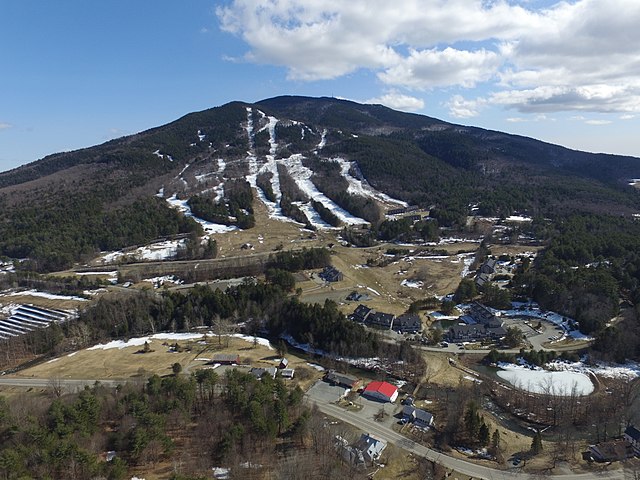 With the 2022 Winter Olympics in full swing in Beijing, China, a new report is raising concerns over the future of the Winter Olympics.
With the 2022 Winter Olympics in full swing in Beijing, China, a new report is raising concerns over the future of the Winter Olympics.
According to a study by a team of scientists from the University of Waterloo, if our Earth's temperature continues to increase at the current rate, many cities that hosted Winter Olympics in the past would not be able to do so again.
In fact, athletes and coaches who were surveyed for the report state that they are already seeing a noticeable change in locations around the globe where they train and compete.
Redefining Winter Sports
The most glaring effect of the rapidly changing climate is melting snow, which creates unsuitable and unsafe conditions for winter sports like skiing and snowboarding.
Also, as temperatures increase, precipitation starts to fall more as rain rather than snow, or sprays of soft snow that impair visibility on the slopes. As a result, mountains and ski resorts are turning to artificial snow. In fact, this year’s Winter Olympics is making the headlines as the first Olympics to fully manufacture all its snow.
However, artificial snow has its risks - both to the athletes and to the environment. Using synthetic powder to create snow not only is an expensive endeavor, but it also demands enormous quantities of energy and water. The resulting artificial snow is much more packed than natural snow due to its higher content of ice, which can change how skis and snowboards slide on the ground.
Reclaiming the Snow Slopes
 The loss of snow and the increased cost of maintaining existing snow has caused hundreds of ski resorts to close across the world. This is true especially in heavy snow-tourism areas such as the New England region of the United States.
The loss of snow and the increased cost of maintaining existing snow has caused hundreds of ski resorts to close across the world. This is true especially in heavy snow-tourism areas such as the New England region of the United States.
However, one town in Vermont may become a model for the revival of ski areas after it reclaimed its slopes.
After the Ascutney ski resort in Vermont closed in 2010 due to mismanagement, the nearby town of West Windsor suffered tremendous economic losses as the resort was a main source of income. As a result, the community in West Windsor took matters into their own hands and bought the dormant ski area, with the financial assistance of the state of Vermont and the nonprofit Trust for Public Land.
Rather than allowing a private company to run the slopes, resident volunteers sustainably managed the paths through the ski area. Over the seven-year span in which the ski area was transformed, the town's population and economic input have improved significantly.
The Ascutney ski resort is proving to be a template for how winter sports can thrive in even an era of climate change. That said, scientists are urging governments to reduce greenhouse emissions, so that there is a chance for a brighter future for winter sports.
Sources: NPR, NYTimes, Vox, Reuters, USA Today







